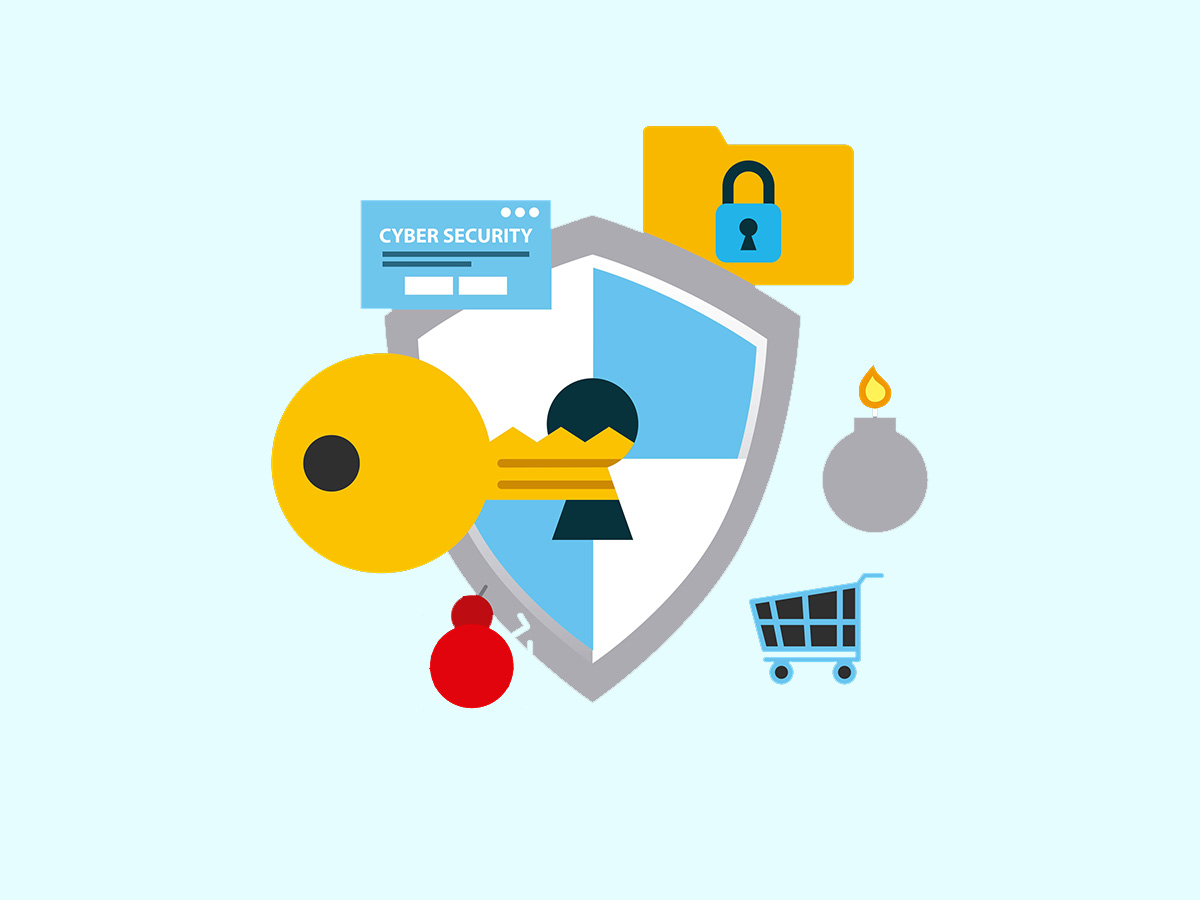A keylogger is a tool or program that records every keystroke made on a computer. This typically works in the background, without the user’s knowledge, capturing and storing information like passwords, credit card details, and sensitive personal data. The purpose of a keylogger may be for legitimate monitoring or potentially malicious activities like identity theft or spying.
How Dangerous is a Keylogger?
A keylogger is a type of surveillance technology that records keystrokes made by a user on a device, and it can be incredibly dangerous due to its invasive nature.

Stay One Step Ahead of Cyber Threats
When maliciously used, hackers can capture sensitive information like usernames, passwords, credit card numbers, and other personal details without the user’s knowledge. The stolen data can then be used for various fraudulent activities, including identity theft, unauthorized bank transactions, etc.
Keyloggers can also serve as an entry point for more sophisticated attacks, paving the way for deploying other malware types. They’re particularly dangerous because they can often operate undetected, running silently in the background without slowing down your device or causing noticeable glitches.
Therefore, having robust cybersecurity measures, such as regularly updated antivirus software and secure browsing habits, is essential.
Keylogger Examples
1. Parental Control
Setting boundaries and ensuring child safety online can be challenging for parents in the digital age. As such, some parents may install a keylogger on their family computer or their children’s devices. This keylogger records every activity performed on those devices, including keystrokes typed, applications used, and webpages visited.
From a parental perspective, this information could be helpful to protect children from potential online threats, such as cyberbullying, inappropriate content, or contact with strangers. The keylogger gives parents an overview of their child’s online habits and activities and the chance to step in if necessary. However, it is important to balance monitoring with respect for the child’s independence and privacy.
2. Company Monitoring
In a business context, employers may use a keylogger to monitor employee productivity and ensure the appropriate use of company resources. Installed on office computers or devices, the keylogger records the websites browsed, the applications accessed, and the emails composed by employees.
This allows company management to clearly understand how work hours are spent and if company policies regarding resource usage are being upheld. For instance, an employee spending excessive time on non-work related websites could be identified using these records. Nonetheless, businesses must navigate this monitoring in a manner that respects privacy regulations and fosters trust among employees.
3. Cybercrime
Sadly, keyloggers are not always used for ethical purposes; they can be tools for hackers and cybercriminals. For instance, a hacker may infiltrate a system with a keylogger hidden in a seemingly harmless email or software download. Once installed on a user’s computer, it operates undetected, recording all keystrokes.
Collected data may include usernames, passwords, sensitive emails, and bank information, providing hackers with the necessary tools to commit fraud, identity theft, or espionage. This utilization of keyloggers is illegal and a major cybersecurity risk. It underscores the importance of running regular security scans and being cautious about the emails we open and the software we download.
Conclusion
A keylogger is a dual-faceted tool with applications in both ethical uses, like parental controls or company monitoring, and unethical uses, such as cybercrime. Its existence underscores the importance of cybersecurity measures, responsible use of technology, and constant vigilance when interacting with digital systems.
Key Takeaways
- A keylogger records every keystroke made on a computer.
- It can be used ethically for parental control or company monitoring.
- Keyloggers can also be used for cybercrime, such as identity theft and spying.
- The functionality of keyloggers emphasizes the importance of cybersecurity measures.
- Being cautious in the digital world, like safe browsing and downloading practices, can help protect against keyloggers.
Related Questions
1. What can a keylogger detect?
A keylogger can detect every keystroke made on the computer it’s installed on. This includes passwords, web searches, emails, and even instant messaging chats.
2. Can keyloggers be detected and removed?
Yes, keyloggers can be detected and removed. Antivirus software and anti-malware tools can detect and eliminate keyloggers from your system.
3. Is it legal to use a keylogger?
The legality of using keyloggers depends on the context. It is generally legal if used for legitimate purposes like parental control or workplace monitoring (provided employees are aware), but it is illegal if used for hacking or spying on someone without their consent.
4. How can I protect myself from keyloggers?
There are several ways to protect yourself from keyloggers. These include using strong and unique passwords, installing reliable security software, keeping your operating system up to date, scrutinizing email attachments, and being cautious about what you download from the internet.
5. Can mobile devices be affected by keyloggers?
Yes, keyloggers can also affect mobile devices. The same precautions taken on your computer, such as keeping your system updated and having reliable security software, should also be taken on your mobile devices.
"Amateurs hack systems, professionals hack people."
-- Bruce Schneier, a renown computer security professional






